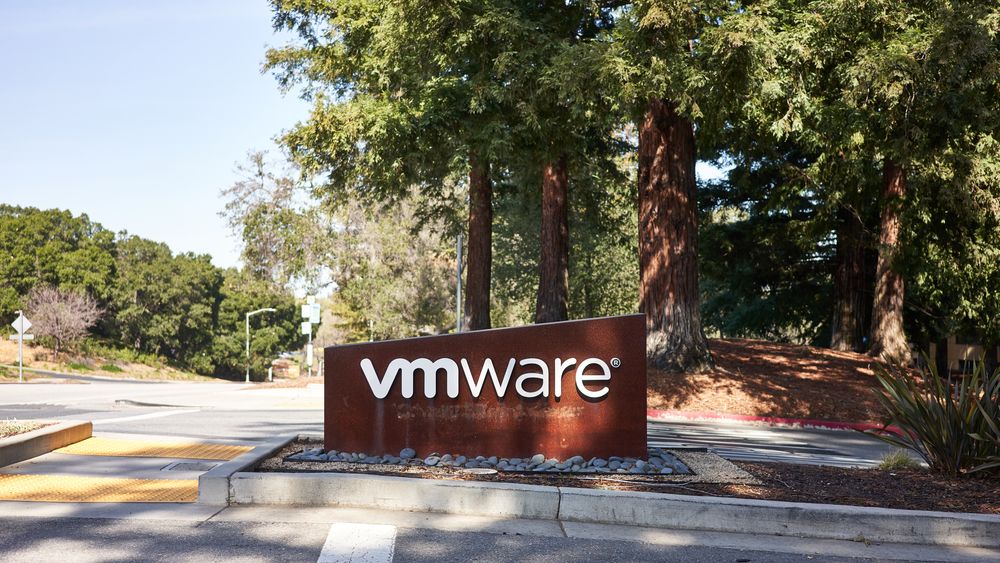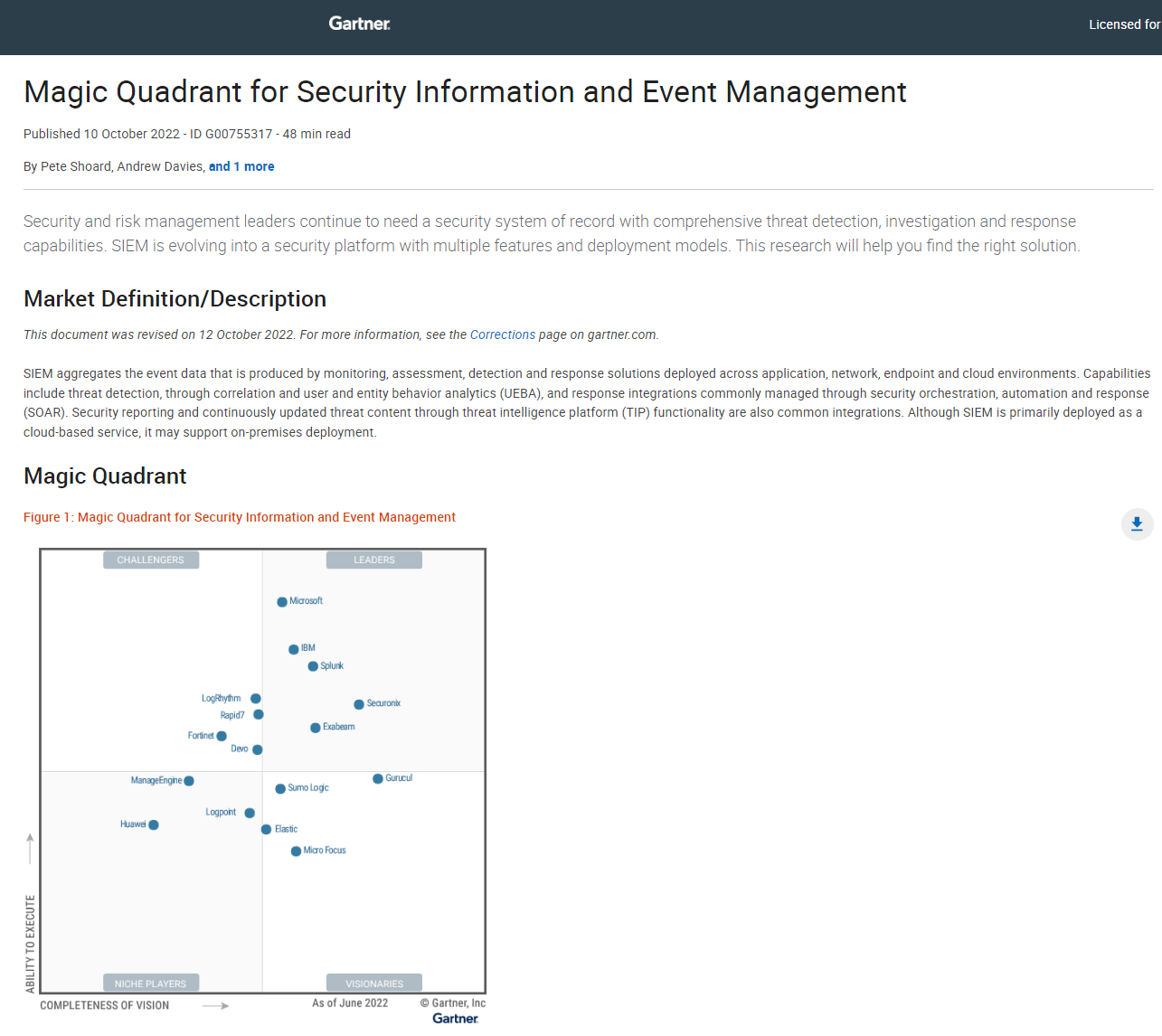Warning issued over ransomware attacks targeting VMware ESXi servers globally
Businesses have been urged to patch the two-year-old vulnerability amidst heightened ransomware threats


Hundreds of organisations worldwide have been targeted by a hacking campaign exploiting VMware’s ESXi servers to deploy the new ESXiArgs ransomware variant.
French and Italian cyber security agencies issued an urgent warning last week after attackers were found to be actively targeting servers left unpatched against a two-year-old remote code execution (RCE) vulnerability.
Tracked as CVE-2021-21974, the security flaw is caused by a heap overflow issue in the OpenSLP service and can enable an attacker to remotely execute arbitrary code.
VMware confirmed it is aware of exploit reports, adding that it issued a patch in February 2021 upon discovery of the vulnerability. However, the vendor urged customers to immediately apply the patch if the ESXi hypervisor has not yet been updated.
Widespread exploitation
Analysis from ransomware monitoring service Darkfeed found that the spread of the ESXiArgs ransomware is “extensive” and could have affected at least 327 organisations worldwide.
“The most targeted system is from France on OVH cloud and Hetzner hosting,” the service said on Twitter. “But they have hit other hosting and cloud companies around that world.”
In a statement on 3 February, OVH confirmed it was responding to the wave of attacks, adding that its managed cloud service had not been impacted.
Sign up today and you will receive a free copy of our Future Focus 2025 report - the leading guidance on AI, cybersecurity and other IT challenges as per 700+ senior executives
“A wave of attacks is currently targeting ESXi servers,” the company said. “No OVHcloud managed services are impacted by this attack however, since a lot of customers are using this operating system on their own servers, we provide this post as a reference in support to help them in their remediation.”
Royal ransomware
Initial speculation from OVH suggested that this campaign was related to the new Nevada ransomware strain, which first emerged in December last year.
However, reports over the weekend pointed towards the Royal Ransomware strain as a key driver behind the wave of attacks against ESXi virtual machines.
Royal Ransomware started launching attacks in early 2022, with the group made up of previous veterans of the infamous Conti ransomware gang.
The group has accelerated operations in recent months, focusing attacks on US-based healthcare organisations and specifically targeting Linux systems more recently.
Stefan van der Wal, consulting solutions engineer at Barracuda Networks said that the current campaign highlights the critical risk for organisations failing to update software.
RELATED RESOURCE

2022 Magic quadrant for Security Information and Event Management (SIEM)
SIEM is evolving into a security platform with multiple features and deployment models
“The reported widespread ransomware attacks against unpatched VMware ESXi systems in Europe and elsewhere appear to have exploited a vulnerability for which a patch was made available in 2021,” he said.
“This highlights how important it is to update key software infrastructure systems as quickly as possible.
“It isn’t always easy for organisations to update software. In the case of this patch, for example, organisations need to disable temporarily essential parts of their IT infrastructure. But it is far better to face that than to be hit by a potentially damaging attack.”
Van der Wal added that virtual machines are becoming an increasingly attractive target for ransomware gangs due to their use in running business-critical services and functions.
“Securing virtual infrastructure is vital,” he said. “It is particularly important to ensure that access to a virtual system’s management console is secured and can’t be easily accessed through a compromised account on the corporate network, for example.”

Ross Kelly is ITPro's News & Analysis Editor, responsible for leading the brand's news output and in-depth reporting on the latest stories from across the business technology landscape. Ross was previously a Staff Writer, during which time he developed a keen interest in cyber security, business leadership, and emerging technologies.
He graduated from Edinburgh Napier University in 2016 with a BA (Hons) in Journalism, and joined ITPro in 2022 after four years working in technology conference research.
For news pitches, you can contact Ross at ross.kelly@futurenet.com, or on Twitter and LinkedIn.
-
 What is Microsoft Maia?
What is Microsoft Maia?Explainer Microsoft's in-house chip is planned to a core aspect of Microsoft Copilot and future Azure AI offerings
-
 If Satya Nadella wants us to take AI seriously, let’s forget about mass adoption and start with a return on investment for those already using it
If Satya Nadella wants us to take AI seriously, let’s forget about mass adoption and start with a return on investment for those already using itOpinion If Satya Nadella wants us to take AI seriously, let's start with ROI for businesses
-
 There’s a dangerous new ransomware variant on the block – and cyber experts warn it’s flying under the radar
There’s a dangerous new ransomware variant on the block – and cyber experts warn it’s flying under the radarNews The new DeadLock ransomware family is taking off in the wild, researchers warn
-
 Hacker offering US engineering firm data online after alleged breach
Hacker offering US engineering firm data online after alleged breachNews Data relating to Tampa Electric Company, Duke Energy Florida, and American Electric Power was allegedly stolen
-
 Cybersecurity experts face 20 years in prison following ransomware campaign
Cybersecurity experts face 20 years in prison following ransomware campaignTwo men used their tech expertise to carry out ALPHV BlackCat ransomware attacks
-
 15-year-old revealed as key player in Scattered LAPSUS$ Hunters
15-year-old revealed as key player in Scattered LAPSUS$ HuntersNews 'Rey' says he's trying to leave Scattered LAPSUS$ Hunters and is prepared to cooperate with law enforcement
-
 The Scattered Lapsus$ Hunters group is targeting Zendesk customers – here’s what you need to know
The Scattered Lapsus$ Hunters group is targeting Zendesk customers – here’s what you need to knowNews The group appears to be infecting support and help-desk personnel with remote access trojans and other forms of malware
-
 Impact of Asahi cyber attack laid bare as company confirms 1.5 million customers exposed
Impact of Asahi cyber attack laid bare as company confirms 1.5 million customers exposedNews No ransom has been paid, said president and group CEO Atsushi Katsuki, and the company is restoring its systems
-
 The US, UK, and Australia just imposed sanctions on a Russian cyber crime group – 'we are exposing their dark networks and going after those responsible'
The US, UK, and Australia just imposed sanctions on a Russian cyber crime group – 'we are exposing their dark networks and going after those responsible'News Media Land offers 'bulletproof' hosting services used for ransomware and DDoS attacks around the world
-
 A notorious ransomware group is spreading fake Microsoft Teams ads to snare victims
A notorious ransomware group is spreading fake Microsoft Teams ads to snare victimsNews The Rhysida ransomware group is leveraging Trusted Signing from Microsoft to lend plausibility to its activities